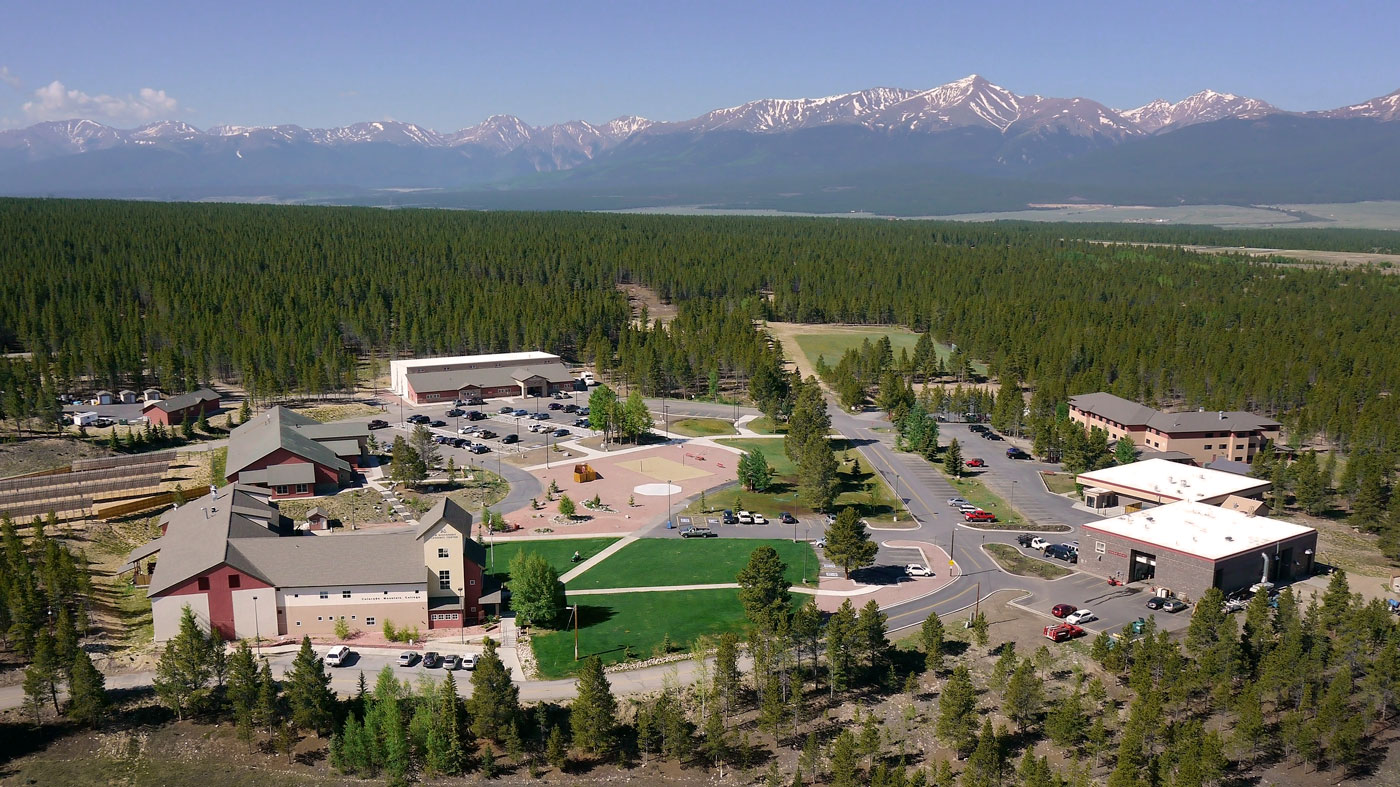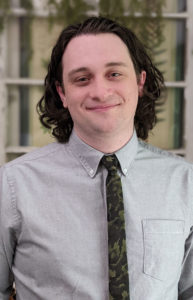

This August, CSU Extension open a new Lake County Extension office marking the first time the organization has had a physical location in the county since the 1970s.
“As part of Extension’s statewide Community Needs Assessment, we found that there was strong demand for programming around health and well-being, family finance and youth development that we felt we were positioned to help people meet,” said Kurt Jones, regional director for CSU Extension’s mountain region, which includes Lake County.
“Based on our Community Needs Assessment, we’ll be working to expand our 4-H offerings in the county, as well as food safety trainings, family finance help and programming to support both new entrepreneurs and established business owners,” said Jones. “There’s also been some secondary interest in more food and ag trainings, as well as economic development and small acreage resources.”
In response, CSU Extension hired Mark Pettit to serve as Lake County’s extension director and family & consumer sciences expert and established its office on Colorado Mountain College’s Leadville campus.
Pettit earned their M.S. in human development and family science from The University of Georgia, and a B.S. in Psychology from the University of North Alabama.
The move to Colorado’s high country is quite the geographic departure from the south, where Pettit was raised and grew up, but the work supporting people who are navigating life’s challenges is a perfect fit.
“Some of the first things people think of when they learn I’m with extension is: cows, plants, and produce. That’s something I can help with by connecting them to resources, but my expertise is more on the human side of things,” said Pettit
Community-engaged work

Although Pettit will be developing and delivering programming tailored to Lake County residents’ unique needs, precisely what that will look like is still under development.
“My vision is connecting with the community members first,” Pettit said. “I would never want to come into a community and say, ‘I’m going to show you what you need to know.’ I want to walk alongside people, get to know those who are already doing good work, and really listen so I can figure out how to best help.”
A key part of Pettit’s approach is finding ways to engage community members in program development.
“When folks feel like they’ve been a part of the planning and have had a say in what’s going on, they’re more likely to be involved,” said Pettit. “If they’re more likely to be involved, it’s more likely that the programs are going to work.”
As far as how that’s been going so far?
“It’s been great meeting people from the first day. The community has been really welcoming to me, someone who is an outsider, who hasn’t been through a winter yet,” said Pettit, who within days of moving to Colorado was starting to be invited into the homes and lives of their new neighbors.
One way that Pettit has made connections is through a weekly “Community Coffee” meeting held on Wednesday mornings at the Colorado Mountain College, which brings together community members with staff from different non-profits and government organizations to talk about what’s going on in the community.
Visit the Lake County Extension office
901 US 24, Leadville, Colorado 80461
Pinnacle Learning Commons, Room 323
Get in touch
Mark Pettit, Lake County Extension Director, Family and Consumer Science Agent for Lake and Chaffee Counties
(719) 427-7925
mepettit@colostate.edu